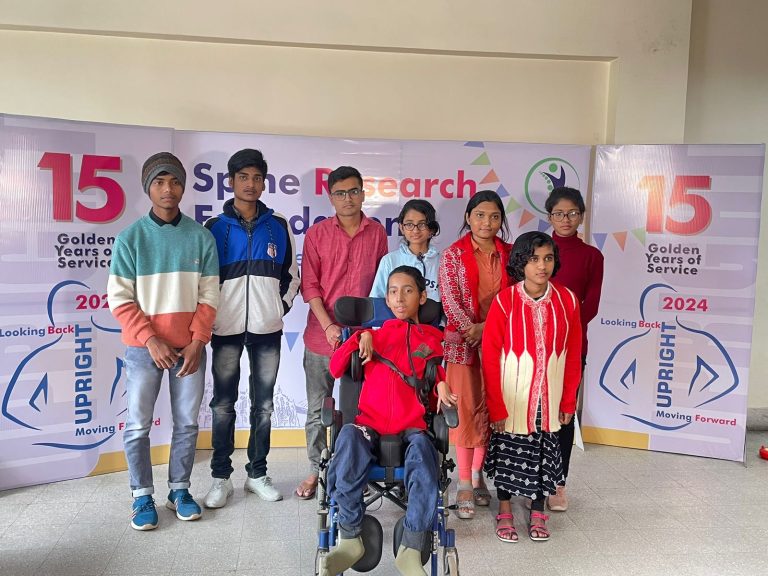Kolkata, 13th November 2021: With over 77 million people with diabetes in India, the country has emerged as the diabetes capital of the world. As a reason, a simultaneous and sharp rise has been observed in the prevalence of diabetes-related preventable vision loss. It is estimated that ~ 1.1-crore people are suffering from retinal disorders in India and more alarmingly, about one in every three people living with diabetes have some degree of diabetic retinopathy2, a diabetes complication that affects eyes.
With the growing incidence of diabetes, it has been estimated that Diabetic retinopathy (DR) affects 1 in 3 people with diabetes and remains the leading cause of blindness in young working-aged adults. “After the second wave in India, we observed new detections of diabetes cases. An estimated 16% of all diabetic patients go through retinopathy, where 5% have advanced retinopathy that can cause permanent eye damage,” says Dr. Aniruddha Maiti, Senior Consultant at Netralayam & BB Eye Foundation VIP.
Young population suffering from Juvenile Diabetes (Type 1 diabetes) are vulnerable to diabetic retinopathy, especially if they have diabetes for over 10 years. Even people suffering from Type-2 diabetes are at a risk of losing their eye-sight due to onset of diabetes-related retinal diseases. “As preventive measures, if there is a family history of diabetes, one should get their sugar checked every six months and all diabetic patients should get their retina check-ups every six months even if there are no signs and symptoms. As diabetic retinopathy is one of the leading causes of blindness, it should be addressed at the earliest.”, added Dr. Maiti.
DME is the most common form of diabetic retinopathy, which arises when the damaged blood vessels swell and flow into the macula of the retina causing visibility issues in the normal vision. While medical advancements have made treatments easy and effective, it is the delay in diagnosis that leads to a high percentage of diabetic retinopathy cases. Experts opine that lack of compliance is a major limiting factor in ensuring universal coverage of systematic screening; a recent report revealed that nearly 70% of patients with diabetes never had their eyes screened for diabetic retinopathy2.
On being diagnosed with diabetic retinopathy, it is important to adhere to the treatment and maintain a healthy lifestyle to effectively manage diabetes and to prevent the onset or progression of eye diseases.
